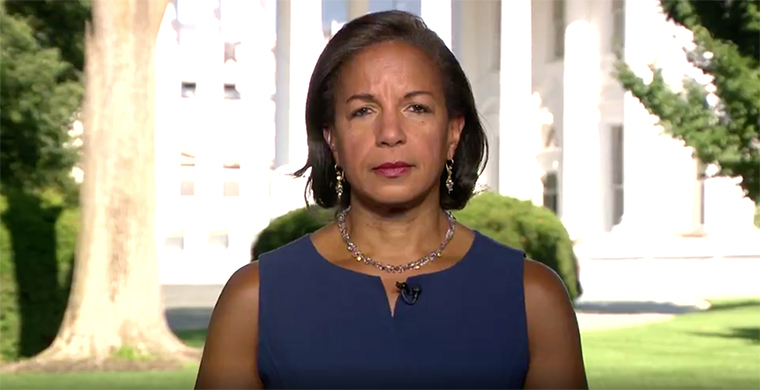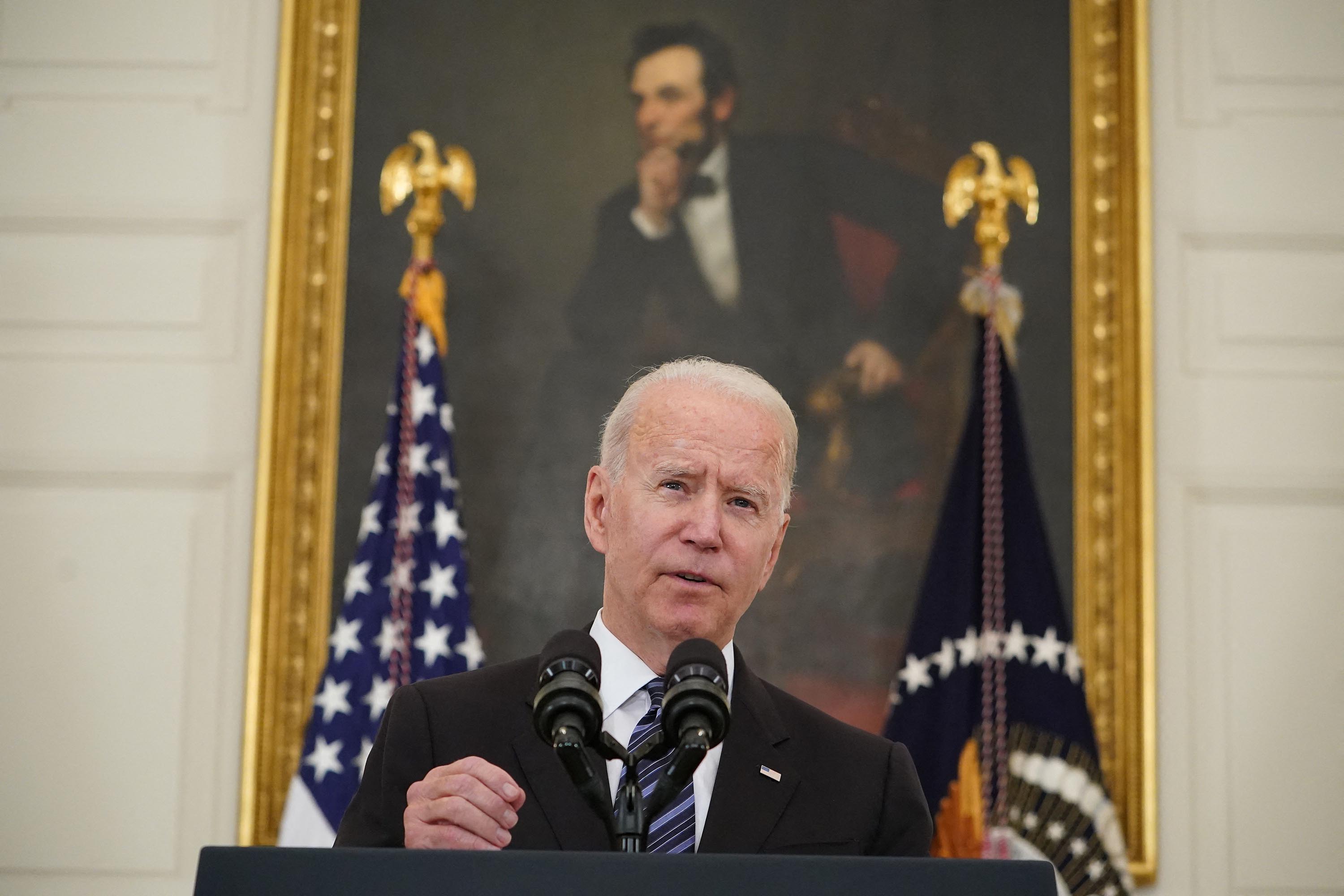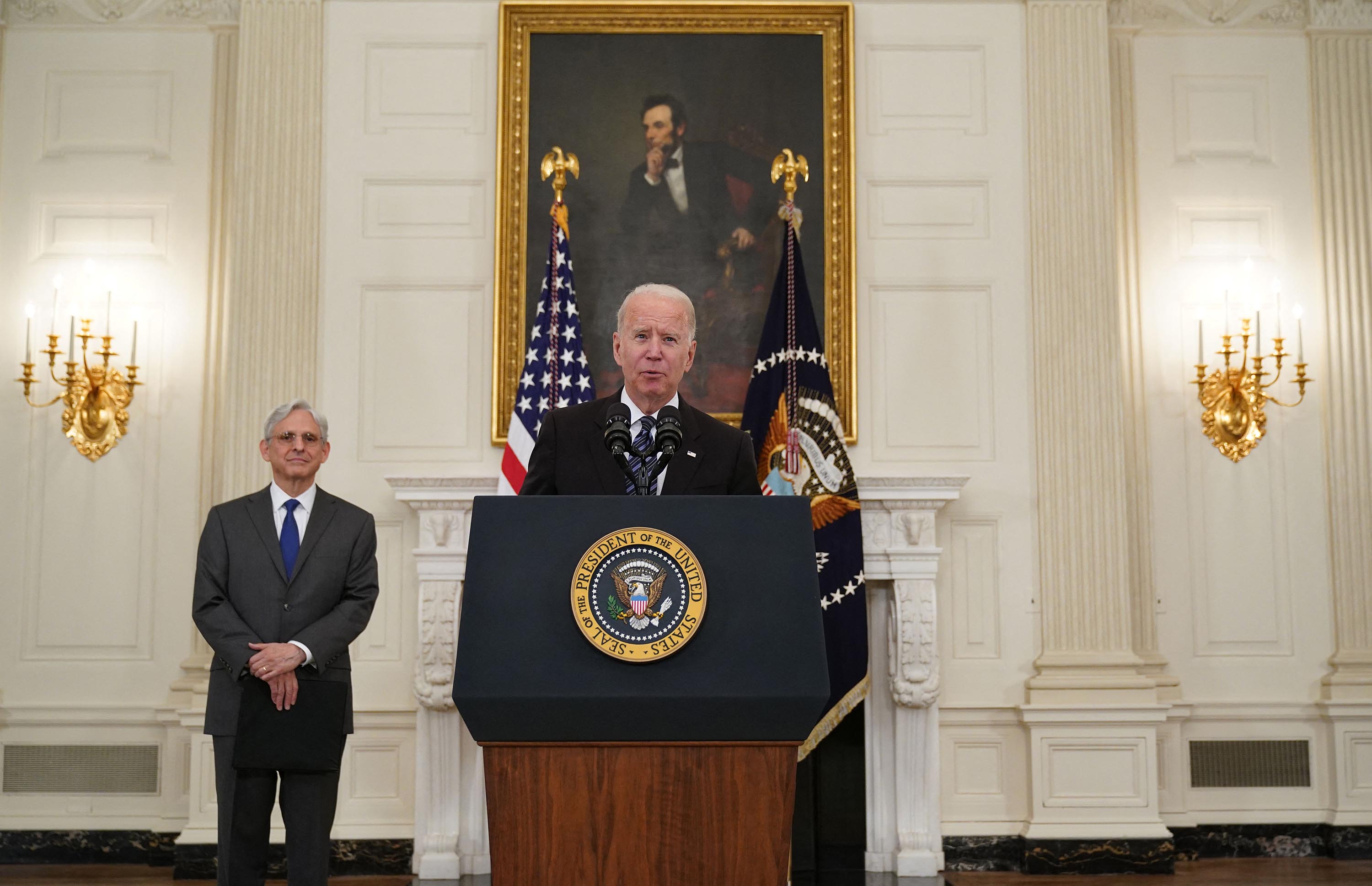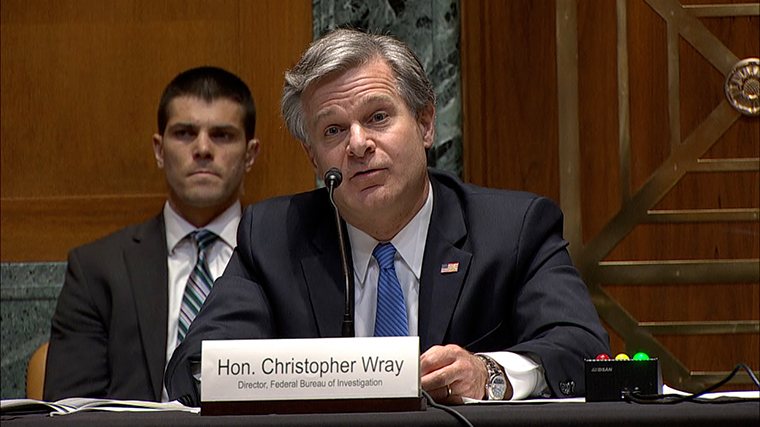
White House Domestic Policy Adviser Susan Rice touted the administration’s “mutually reinforcing” approach to curtailing gun violence, highlighting a “zero tolerance for rogue gun dealers who willfully violate law and regulations selling guns,” a group of “multi-jurisdictional federal task forces to go after those networks of gun dealers that run guns in corridors into our major cities,” and a group of strike forces deployed to major cities.
“But beyond those measures, he made it very clear that there are billions of dollars that the American Rescue Plan, President Biden and Vice President Harris got passed through Congress in the first 100 days that are going out to states and localities that can and should be used to prevent and respond to crime,” Rice told CNN Wednesday.
Rice acknowledged a concerning increase in violent crime across the country, calling it “a trend that we're deeply concerned about,” and admitting “that, coinciding with the pandemic, there's been a spike in gun violence and violent crime.”
“An important part of this is, of course, legislation that's pending right now before the Senate to ensure that we close the loopholes in background checks, that we have an assault weapons ban and many other things that are common-sense gun safety measures that languished for years and are so urgent,” Rice said.
For Biden, Rice argued, the response “is not to defund the police.”
“He's been very explicit in opposing that — he wants to invest in our communities and in safety, that includes investing in public safety, and giving police and police forces the resources they need, but it's much broader than that, because you can't just deal with this problem through law enforcement. You need to deal with its root causes,” Rice said.





